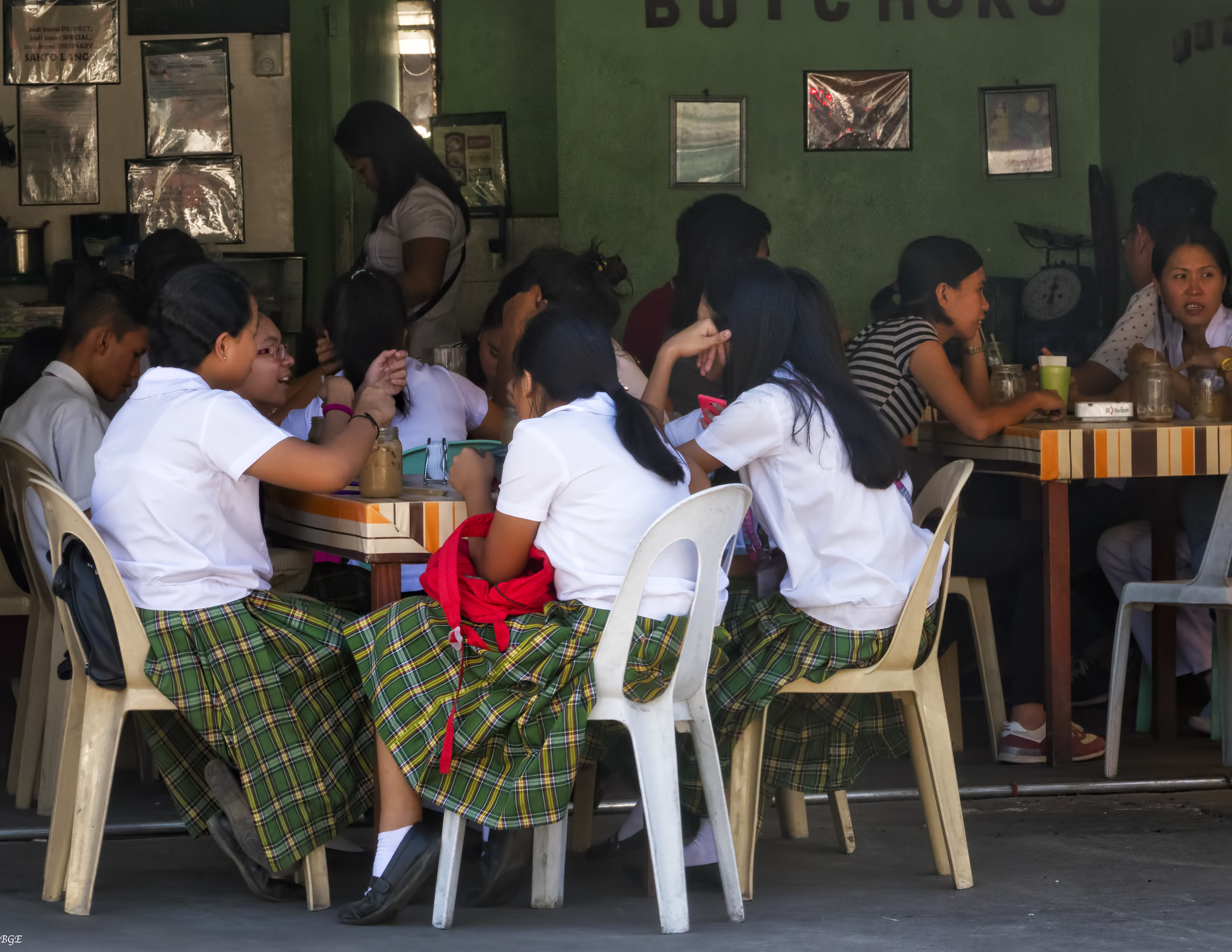News
Palace says PH schools have to adapt to changing times

Formal classes resume on August 24, but whether face-to-face classes would be allowed still depend on whether the country has reached a “new normal” when all community quarantines have been lifted and there is a lower Covid-19 infection rate, Presidential Spokesperson Harry Roque said. (File photo: Brian Evans/Flickr, CC BY-ND 2.0)
MANILA – From utilizing community radio and TV stations, to internet-based learning, public and private schools in the Philippines have to “adapt with the times” to keep classes going amid the prevailing coronavirus disease 2019 (Covid-19) pandemic, Malacañang said on Wednesday.
Formal classes resume on August 24, but whether face-to-face classes would be allowed still depend on whether the country has reached a “new normal” when all community quarantines have been lifted and there is a lower Covid-19 infection rate, Presidential Spokesperson Harry Roque said.
“What is certain is by August 24, formal learning will resume. Possibly not face-to-face (F2F), but definitely blended. We will never expose our children to any form of danger,” Roque said in an interview over ABS-CBN News Channel (ANC).
Upon the orders of President Rodrigo Duterte, he explained that schools would remain shut “as long as there is community quarantine.”
Roque said the Department of Education (DepEd) would have to prepare for “blended learning” in case the new normal is not reached.
He pointed out that blended learning does not only involve online classes since there are still parts of the country without ready access to computers and the internet.
“We don’t get to new normal we’re also preparing for what is known as blended learning. Blended learning is not just online because we recognize that although we’re one of those in the 17th Congress that pushed for libreng Wi-Fi, there’s still far-flung areas without wifi,” said Roque, a former congressman.
In addition to online classes, Roque said community radio and TV stations, PTV-4, and even private TV companies would be tapped for “instructional purposes.”
“This is a bold move on the part of the Department of Education. We haven’t done it on this scale but we have to adapt with the times in the same way media has adapted to the times that we’re both broadcasting from our homes,” he said.
Roque, however, explained that blended learning may also involve small meetings for assessment or enforcement purposes. He said, “that’s why it’s called blended, we can be creative about it”.
He said special schools with at most 15 students in each class will have to seek accreditation from the DepEd before they open classes.
“I think it’s a matter of getting accreditation from the DepEd if it’s special learning which really only has about 15 students. I see no reason for the DepEd not to allow it. But there will really be an accreditation process to be arrived at by the DepEd,” Roque said.
Since classes are expected to open on August 24, Roque said that enrollment will proceed next month.
“Enrollment will proceed because whether be it face-to-face or blended, you have to enroll your children because there has to be a basis for assessing whether or not one year your children will progress to the next level,” Roque said.
Since the trend is to go digital, Roque agreed that students should also be given tablets for use in school.
“Bagama’t tayo po ay gumagawa pa rin ng mga libraries and all that, ang ating emphasis ngayon dahil nga mayroon na tayong libreng Wi-Fi ay bigyan ng tablet ang ating mga kabataan (Although there are still libraries being established, our emphasis now is to give our students tablets since we now have free Wi-Fi),” he said in an interview over DZRH.
Despite the President’s preference not to open F2F classes by August 24 until a vaccine against Covid-19 is available, the DepEd has stood pat on its decision to the formal school opening on the said date.
Education Secretary Leonor Briones also said that private schools “will be allowed within the period provided by law” or anytime between June and August.
Schools will have to adopt various learning delivery options, such as but not limited to, face-to-face, blended learning, distance learning, homeschooling, and other modes of delivery as cited in its Basic Education – Learning Continuity Plan.





















